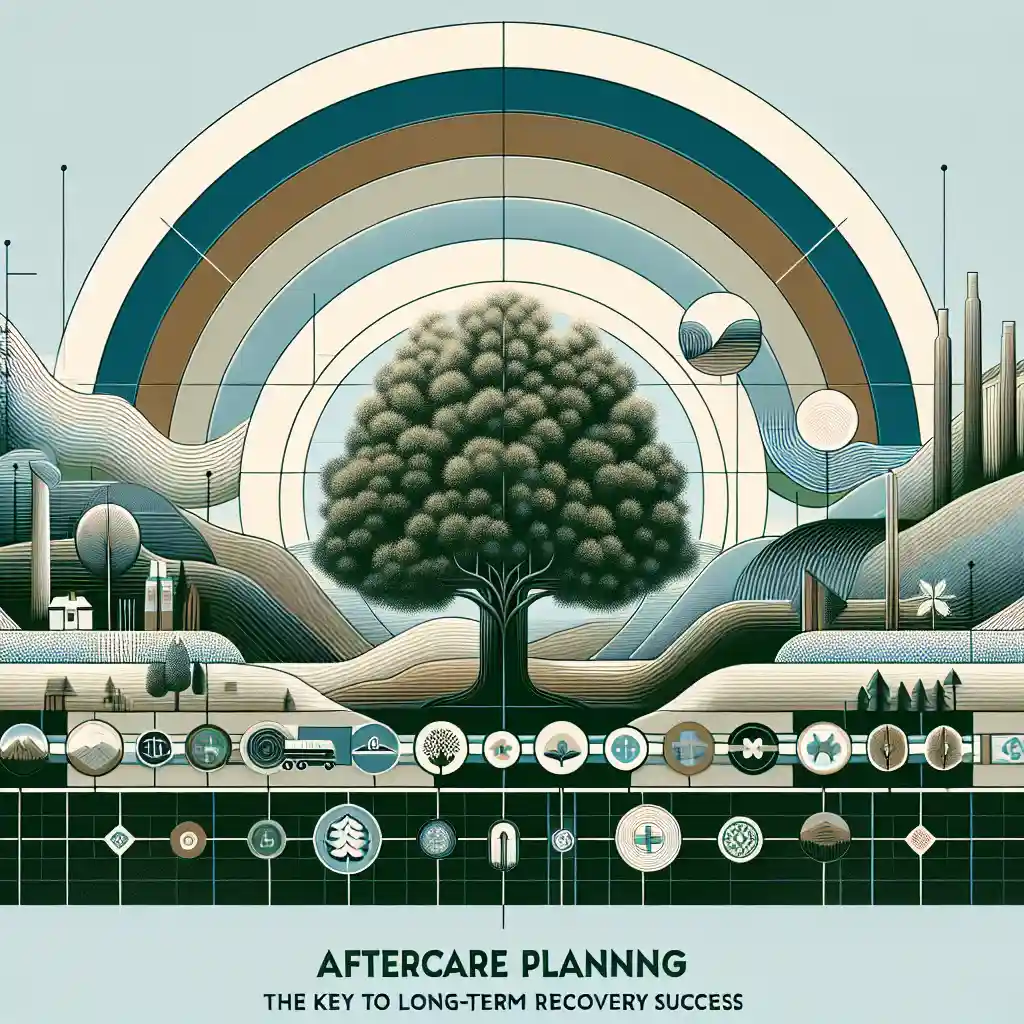Dual Diagnosis Treatment in Rehab Centers
Dual diagnosis treatment in rehab centers is essential for individuals struggling with both mental health issues and substance use disorders. In this blog post, we will explore the importance of integrated treatment, the benefits of seeking help in specialized rehab centers, and the different therapeutic approaches used in dual diagnosis treatment.

The Importance of Integrated Treatment
Individuals with dual diagnosis require a comprehensive approach that addresses both their mental health and substance use issues simultaneously. Integrated treatment in rehab centers ensures that all aspects of a person's well-being are taken into account, leading to better outcomes and long-term recovery. By targeting both conditions concurrently, patients can achieve a more stable mental state and reduce the risk of relapse.
Specialized Rehab Centers for Dual Diagnosis
Specialized rehab centers that focus on dual diagnosis treatment offer tailored programs designed to meet the unique needs of individuals struggling with co-occurring disorders. These centers have staff members who are trained to address both mental health and substance use issues effectively, providing a safe and supportive environment for patients to heal. By choosing a rehab center with expertise in dual diagnosis, individuals increase their chances of successful recovery.
Therapeutic Approaches in Dual Diagnosis Treatment
In dual diagnosis treatment, various therapeutic approaches are utilized to address mental health and substance use disorders concurrently. Cognitive-behavioral therapy (CBT), dialectical behavior therapy (DBT), and medication management are common strategies used to help individuals manage symptoms of both conditions. These approaches aim to enhance coping skills, improve emotional regulation, and address underlying issues contributing to the dual diagnosis.
Holistic Care in Dual Diagnosis Treatment
Holistic care in dual diagnosis treatment focuses on treating the whole person, including their physical, emotional, and spiritual well-being. In addition to traditional therapies, rehab centers may offer complementary services such as yoga, mindfulness meditation, and nutritional counseling to support overall recovery. By taking a holistic approach, individuals with dual diagnosis can achieve a better balance in their lives and improve their overall quality of life.
Dual Diagnosis Support Groups
Support groups play a vital role in dual diagnosis treatment by providing individuals with a sense of community and understanding. These groups allow participants to share their experiences, challenges, and successes with others who are facing similar struggles. Through peer support and encouragement, individuals in dual diagnosis treatment can feel less isolated and more empowered to overcome obstacles on their path to recovery.
Conclusion
Dual diagnosis treatment in rehab centers offers individuals a comprehensive and holistic approach to addressing both mental health and substance use disorders. By choosing specialized facilities, patients can benefit from integrated treatment, tailored programs, and a supportive environment to aid in their recovery journey. If you or a loved one is struggling with dual diagnosis, seeking help from a reputable rehab center that specializes in this type of treatment can make a significant difference in achieving long-term wellness and sobriety.








